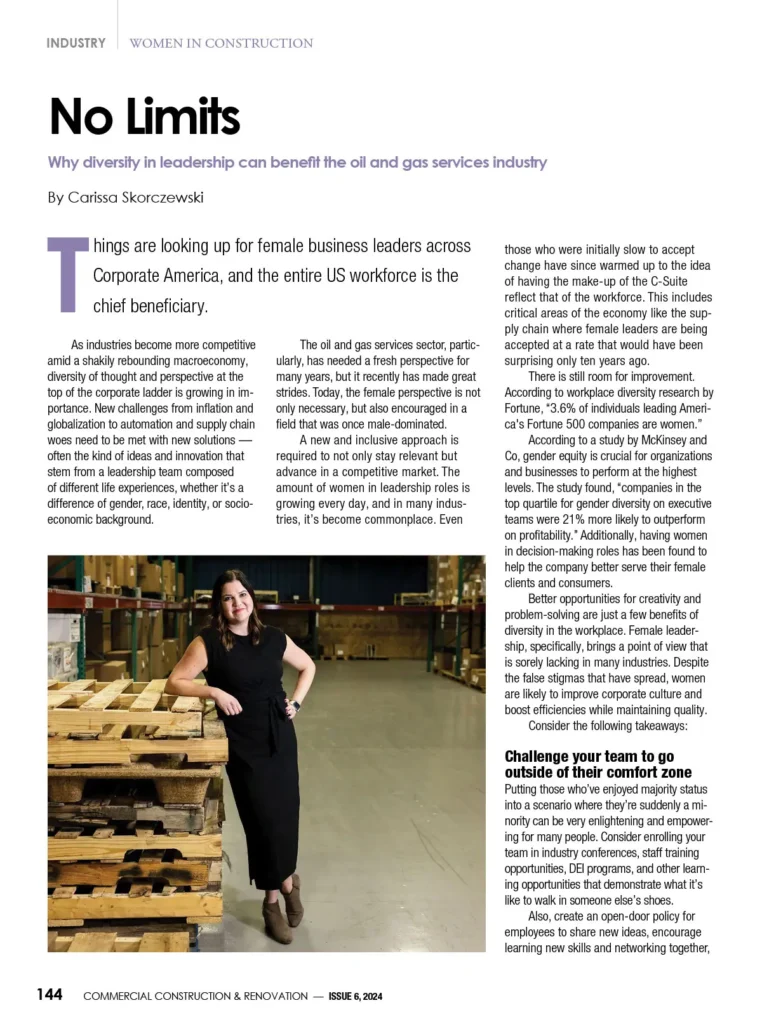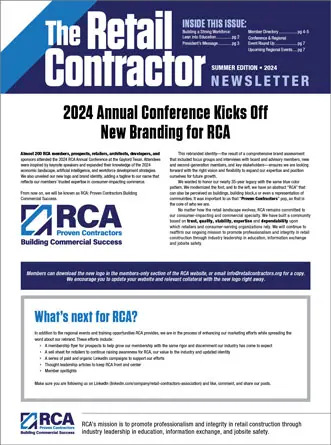Sustainable development has become a critical global imperative, and engineers are at the forefront of driving this transformative change. Their expertise and innovative solutions play a pivotal role in designing, developing, and implementing sustainable practices across various industries. From renewable energy systems to eco-friendly infrastructure and product packaging, such as those from Millennium Packaging, engineers are shaping a brighter future for generations to come.
In this article, we will delve into the vital role of engineers in sustainable development, exploring their contributions and the impact they make.
How Engineers Can Help With Sustainable Development
Engineers can contribute significantly to sustainable development in various ways:
Designing Sustainable Infrastructure
Engineers are at the forefront of designing and developing sustainable infrastructure. They are responsible for designing buildings, transportation systems, water supply networks, and energy grids that minimize environmental impacts while maximizing efficiency.
By incorporating sustainable practices into their designs, engineers can reduce energy consumption, mitigate greenhouse gas emissions, and optimize resource utilization.
For example, civil engineers are pioneering the construction of green buildings that utilize energy-efficient materials, implement renewable energy systems, and incorporate innovative water management techniques.
Transportation engineers are working on designing and implementing public transit systems that promote sustainable mobility, reducing congestion and emissions. Through their expertise, engineers are transforming traditional infrastructure into eco-friendly systems that can support sustainable development.
Renewable Energy and Energy Efficiency
The transition from fossil fuels to renewable energy sources is vital for mitigating climate change. Engineers are leading the way in this transition by developing and improving renewable energy technologies. They are designing solar panels, wind turbines, hydropower systems, and geothermal plants to harness clean and abundant sources of energy.
Moreover, engineers are actively involved in improving energy efficiency across various sectors. They conduct energy audits, develop energy management systems, and design energy-efficient appliances and buildings. By optimizing energy consumption and reducing waste, engineers are promoting sustainable energy practices and reducing our reliance on non-renewable resources.
Sustainable Water Management
Water scarcity and inadequate sanitation pose significant challenges to sustainable development. Engineers play a critical role in developing innovative solutions for sustainable water management. They design water treatment and purification systems, develop efficient irrigation techniques, and implement rainwater harvesting methods.
Additionally, engineers contribute to the conservation and preservation of water resources through watershed management and sustainable water use practices. They are involved in the development of wastewater treatment technologies, ensuring that water is reused and returned to the environment safely.
Through their expertise, engineers are helping communities achieve water security and resilience in the face of growing water scarcity.
Waste Management and Recycling
The growing accumulation of waste presents a considerable environmental challenge. Engineers are actively engaged in developing sustainable waste management strategies that minimize the environmental impact of waste disposal and promote recycling and resource recovery.
They design waste treatment facilities, develop advanced recycling technologies, and implement waste-to-energy systems. By finding innovative ways to reduce, reuse, and recycle waste, engineers are contributing to the circular economy, where resources are kept in use for as long as possible.
Why Sustainable Practices In Engineering Matter
Sustainable practices in engineering are of utmost importance for several compelling reasons:
Environmental Stewardship: Sustainable engineering practices prioritize the protection and preservation of the environment. By implementing environmentally friendly designs, technologies, and processes, engineers can reduce pollution, minimize resource depletion, and mitigate the impact of human activities on ecosystems. This ensures the long-term health and well-being of the planet and its inhabitants.
Climate Change Mitigation: Engineering plays a crucial role in combating climate change. By promoting energy efficiency, developing renewable energy sources, and designing low-carbon infrastructure, engineers can significantly reduce greenhouse gas emissions. Sustainable engineering practices contribute to the global effort to limit global warming and mitigate the adverse effects of climate change on communities and ecosystems.
Resource Conservation: With the growing population and increasing demands for resources, sustainable engineering practices are essential for conserving natural resources. Engineers can develop strategies to minimize resource consumption, optimize material usage, and promote recycling and reuse.
This helps preserve resources for future generations and reduces the strain on ecosystems caused by resource extraction and depletion.
Resilient Infrastructure: Sustainable engineering practices contribute to the development of resilient infrastructure that can withstand natural disasters and other challenges. By considering climate change projections, engineers can design infrastructure that is adaptable and able to cope with changing environmental conditions.
This ensures that communities are better prepared and can recover more quickly from disruptive events, safeguarding lives and livelihoods.
Health and Well-being: Sustainable engineering practices prioritize human well-being. By designing buildings that provide healthy indoor environments, developing sustainable transportation systems that improve air quality, and implementing water management techniques that ensure access to clean water, engineers contribute to the overall health and quality of life of individuals and communities.
Economic Benefits: Sustainable engineering practices are not only environmentally responsible but also economically advantageous. Energy-efficient designs, renewable energy technologies, and sustainable infrastructure can lead to cost savings over the long term.
By reducing energy consumption, minimizing waste, and optimizing resource use, sustainable engineering practices can help businesses and communities achieve greater economic efficiency and competitiveness.
Regulatory Compliance and Social Responsibility: With increasing awareness and regulations related to sustainability, incorporating sustainable practices into engineering becomes a matter of compliance and social responsibility.
By adhering to environmental regulations and ethical standards, engineers demonstrate their commitment to protecting the environment and promoting sustainable development.
Innovation and Technological Advancement: Embracing sustainable practices in engineering fosters innovation and technological advancement. Engineers are challenged to find creative solutions to complex sustainability problems, leading to the development of new technologies, materials, and processes.
This drive for innovation not only helps address environmental challenges but also fuels economic growth and enhances competitiveness in various industries.
Conclusion
Engineers play a pivotal role in sustainable development by designing and implementing solutions that address pressing environmental challenges. Their expertise in sustainable infrastructure, renewable energy, water management, and waste reduction is crucial for creating a more sustainable and resilient future.
By integrating sustainability principles into their work, engineers can drive innovation, foster economic growth, and preserve the planet’s resources for future generations. As we strive for a more sustainable world, the role of engineers in sustainable development will only continue to grow in importance.










 The 2024 virtual Men’s Round Table will be held Q4, 2024, date TBD.
The 2024 virtual Men’s Round Table will be held Q4, 2024, date TBD.












